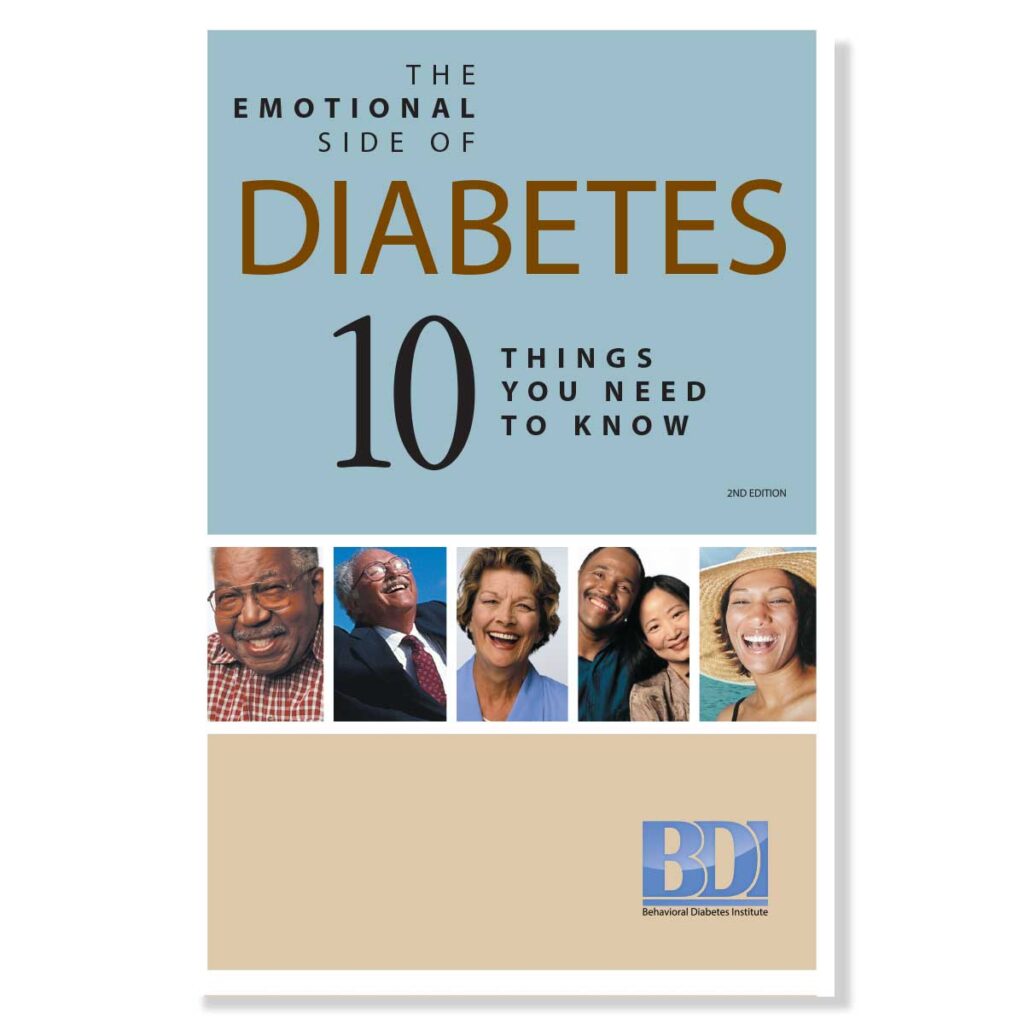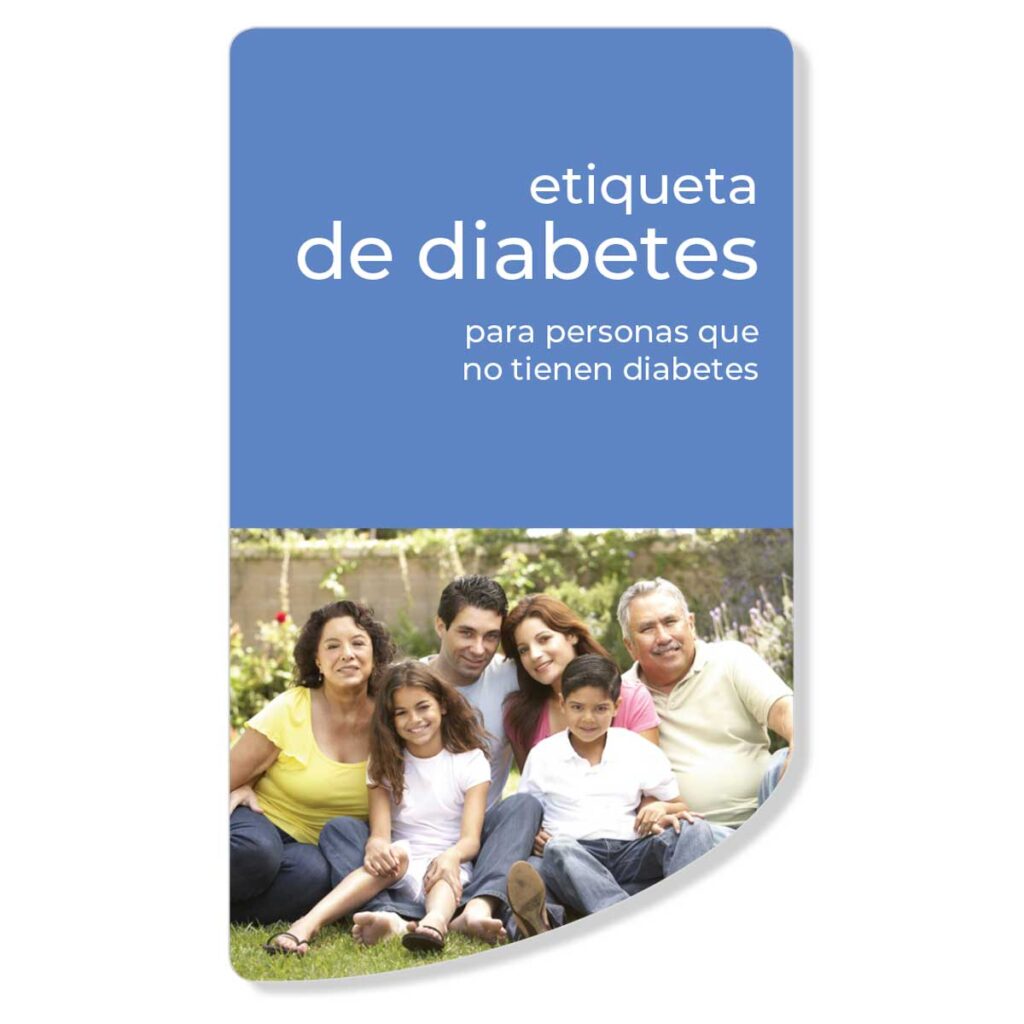BEHAVIORAL DIABETES INSTITUTE
Addressing the Psychosocial Aspects of Diabetes
BDI MONTHLY UPDATES
What's New in February 2026
New CME programs for a NEW YEAR!
Engaging the Disengaged: A live training program for healthcare professionals
Ready for a visit to San Diego?
On April 18, BDI will host a live, one-day, CME workshop: Engaging the Disengaged: Innovative Strategies for Promoting Behavior Change in Diabetes. Run by Dr. Polonsky (BDI President) and Dr. Guzman (BDI Clinic Director), this interactive workshop will examine the powerful role of psychosocial factors in diabetes self-management. Participants will deepen their skills in recognizing and addressing common barriers to effective self-care and cardiometabolic medication initiation and maintenance, while fostering respectful, stigma-free clinical encounters.
Registration will be limited to 50 participants, and we expect it will fill quickly. Find out more at: https://diabetesedstore.net/products/engaging-the-disengaged-promoting-behavior-change-in-diabetes.
And much thanks to Abbott Diabetes Care for supporting this program.
Follow us on Facebook and stay in the know about all happenings at BDI
JOIN US FOR A LOCAL EVENT
Upcoming Events



BEHAVIORAL DIABETES INSTITUTE
Recent Publications
In 2025, BDI staff authored or co-authored 12 scientific publications as well as 10 published abstracts at major scientific meetings. Our work has covered a wide range, including studies on diabetes distress, the value of continuous glucose monitoring (CGM) for people with diabetes, the benefits of diabetes technology for people with type 1 and type 2 diabetes, and more.
You can see the full list at Publications – Behavioral Diabetes Institute.
How CGM Boosts Self-Efficacy, Engagement With Self-Management, and Clinical Outcomes in Adults With Type 2 Diabetes: A Mixed-Methods Study
Authors: Emily C. Soriano, William Polonsky, Taylor L. Clark, Mariya Chichmarenko, Haley Sandoval, Alessandra Bastian, Addie L. Fortmann , Andrew Kwist,
Does Continuous Glucose Monitoring Use Prompt Greater Engagement in Self-Management? A Randomized Controlled Trial Focusing on Adults With Type 2 Diabetes
Authors: William H Polonsky, Emily C Soriano, Fleur Levrat-Guillen, Mariya Chichmarenko, Haley Sandoval, Alessandra Bastian, Addie L Fortmann, Andrew Kwist, Michael Vallis Abstract Background: Continuous glucose monitoring (CGM) promotes
WHO WE ARE
Behavioral Diabetes Institute
Behavioral Diabetes Institute (BDI) is a nonprofit organization located in San Diego, California, focused on addressing the social, emotional, and psychological barriers to living a long and healthy life with diabetes. To better understand and overcome these obstacles, BDI is actively engaged in research examining the psychological aspects of diabetes and evaluating innovative behavioral interventions. In addition, BDI directly offers an array of unique, behaviorally-oriented products and services for: people with type 1 diabetes; people with type 2 diabetes; parents of children and teens with diabetes; spouses and partners of people with diabetes; and interested health care professionals. Products and services include print materials; online courses and modules, face-to-face workshops and seminars, professional training programs, and an online library of resources.





